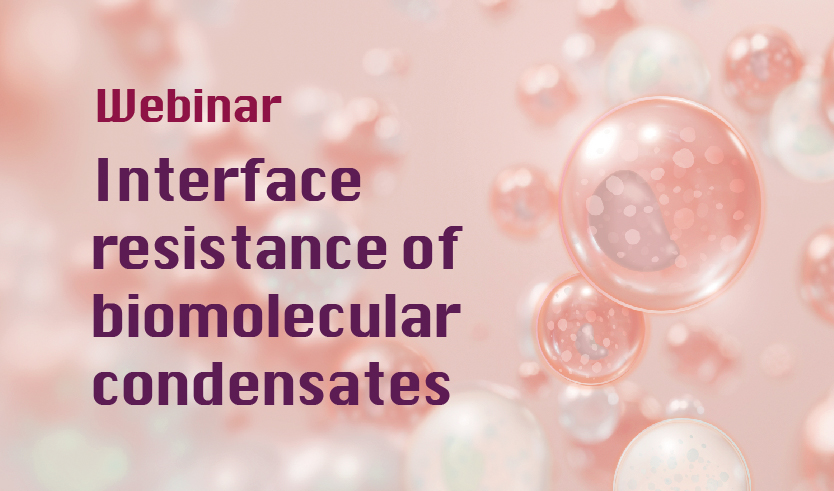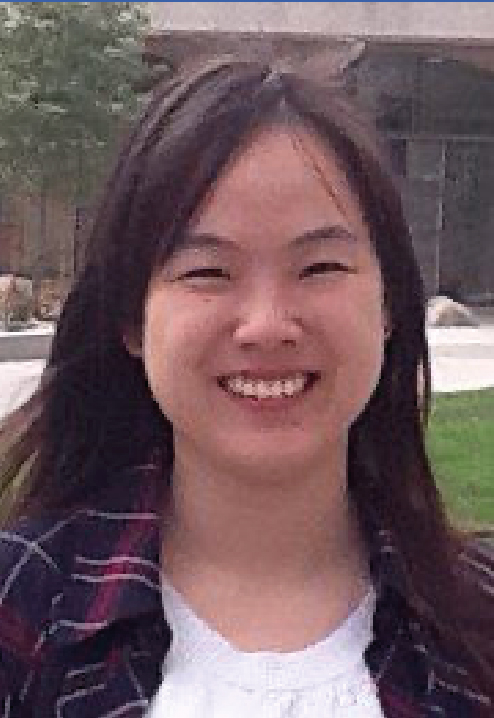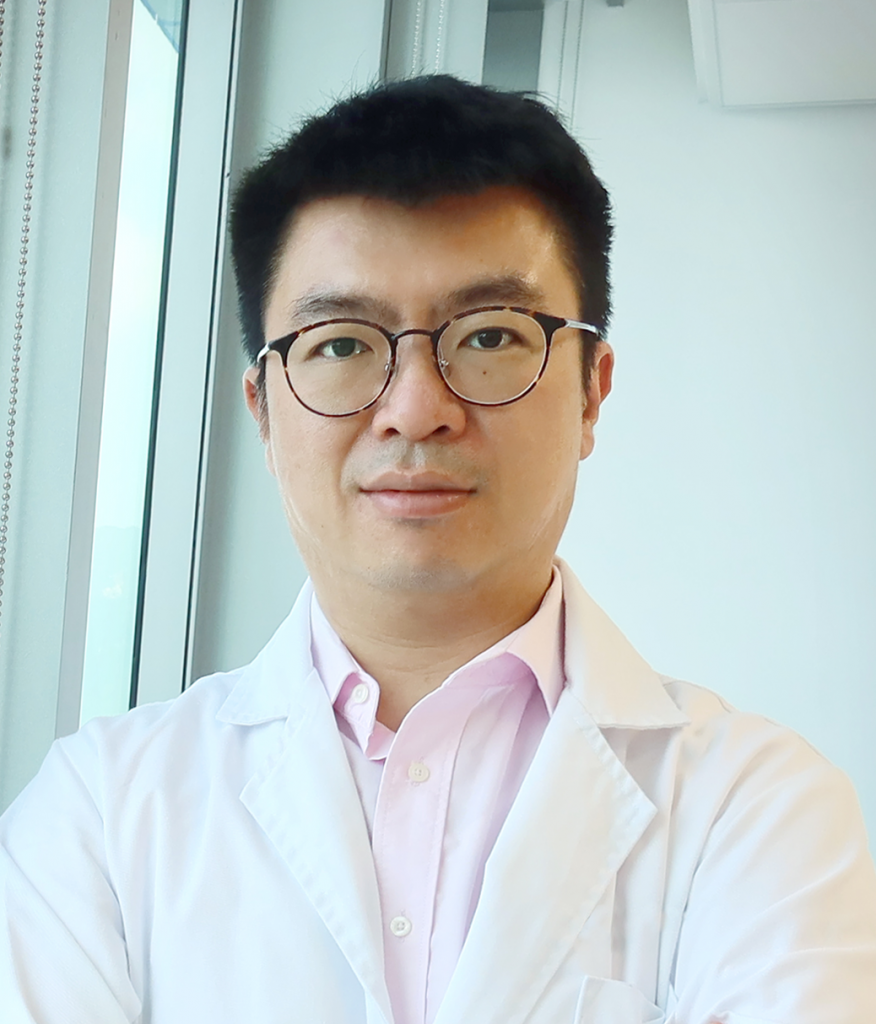
Interface resistance of biomolecular condensates
Date : 9 May 2023 (Tue)
Time : 9:30 – 10:30am (HKT)
Venue : Online (ZOOM)
Language : English
It has recently become clear that the interiors of cells are organized in both space and time by non-membrane bound compartments, many of which form via liquid-liquid phase separation. These phase-separated condensates play key roles in processes ranging from transcription to translation, signaling, and more. A hallmark of these phase-separated condensates is the dynamic exchange of condensate components with the surroundings. Such material exchange can be key to condensate function, as the rate of component exchange can impact biochemical reaction rates in the condensates, the speed of response of condensates to a changing environment, and their number and sizes. How is this exchange rate controlled? Intuitively, this rate can be limited by the flux of materials from the dilute phase or by the speed of mixing inside the dense phase. Surprisingly, recent experiments suggest that this rate can also be limited by the dynamics of molecules at the droplet interface, implying the existence of an “interface resistance". We combined theory and simulation to show that an interface resistance can arise when incident molecules contact the interface without entering the dense phase. We find that such “bouncing" occurs for incident molecules that are capable of self-collapse into a non-sticking conformation. Our work highlights the underappreciated role of interface resistance in condensate exchange dynamics, with implications for natural and synthetic systems.
 |
Speaker:
Dr. Yaojun Zhang
Assistant Professor
PhD, University of California, San Diego
yaojunz@jhu.edu
Yaojun Zhang is an assistant professor in the Department of Physics and Astronomy and the Department of Biophysics at Johns Hopkins University. She received her PhD in Physics from the University of California, San Diego in 2015. She was an independent postdoctoral fellow at the Princeton Center for Theoretical Science 2015-2018 and the Princeton Center for the Physics of Biological Function 2018-2021.
Zhang is a theorist working in the interdisciplinary field of biological physics. Her group seeks to understanding the complex behaviors of biomolecules and their assemblies across scales, from single-molecule folding and DNA bending, to macromolecular transport through nuclear pore complexes and intracellular space, to biomolecular phase separation and self-organization. She works closely with experimental groups to identify outstanding conceptual questions posed by biology and then utilizes physical, mathematical, and computational tools to answer these questions, and more broadly to develop new theories and models that apply across systems and across the panoply of living creatures.
 |
Moderator: Prof. Anderson H.C. Shum Centre Director, Advanced Biomedical Instrumentation Centre, and Professor, Department of Mechanical Engineering, The University of Hong Kong |
